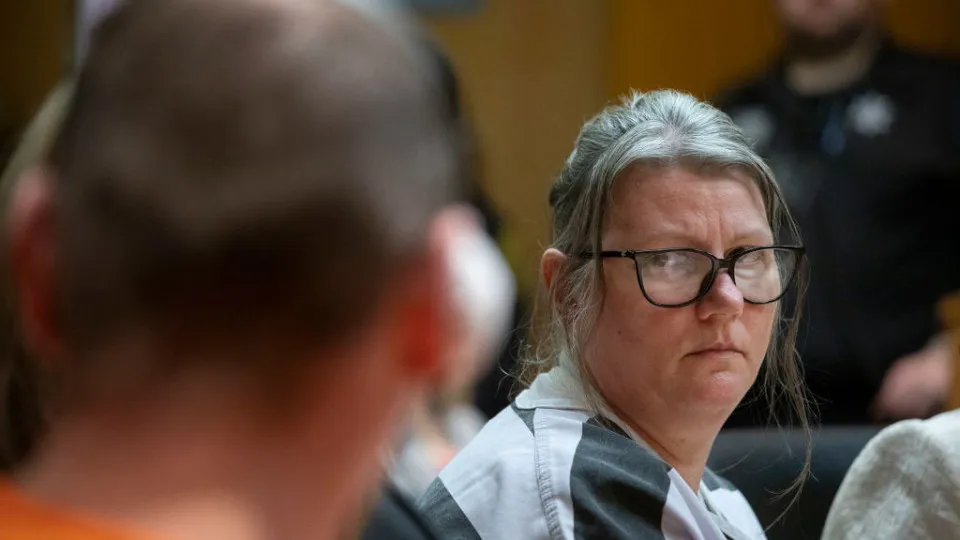When a teenager opens fire in a school hallway, the question that often follows the grief is “who else should be held responsible?” In the aftermath of the Oxford High School shooting in 2021, that question wasn’t just theoretical—it led to the courtroom conviction of the shooter's mother, Jennifer Crumbley, for involuntary manslaughter.
Her case, unsettling and unprecedented, has reignited a long-standing American impulse: to place legal blame on parents for the crimes of their children. But this instinct, however emotionally satisfying or politically convenient, is far from new.
For over a century, the United States has cycled through waves of ‘parental responsibility’ laws, each born from public outrage and each shadowed by the same enduring question: can we punish one person for another’s choices without distorting the meaning of justice? Click through this gallery to read more.



